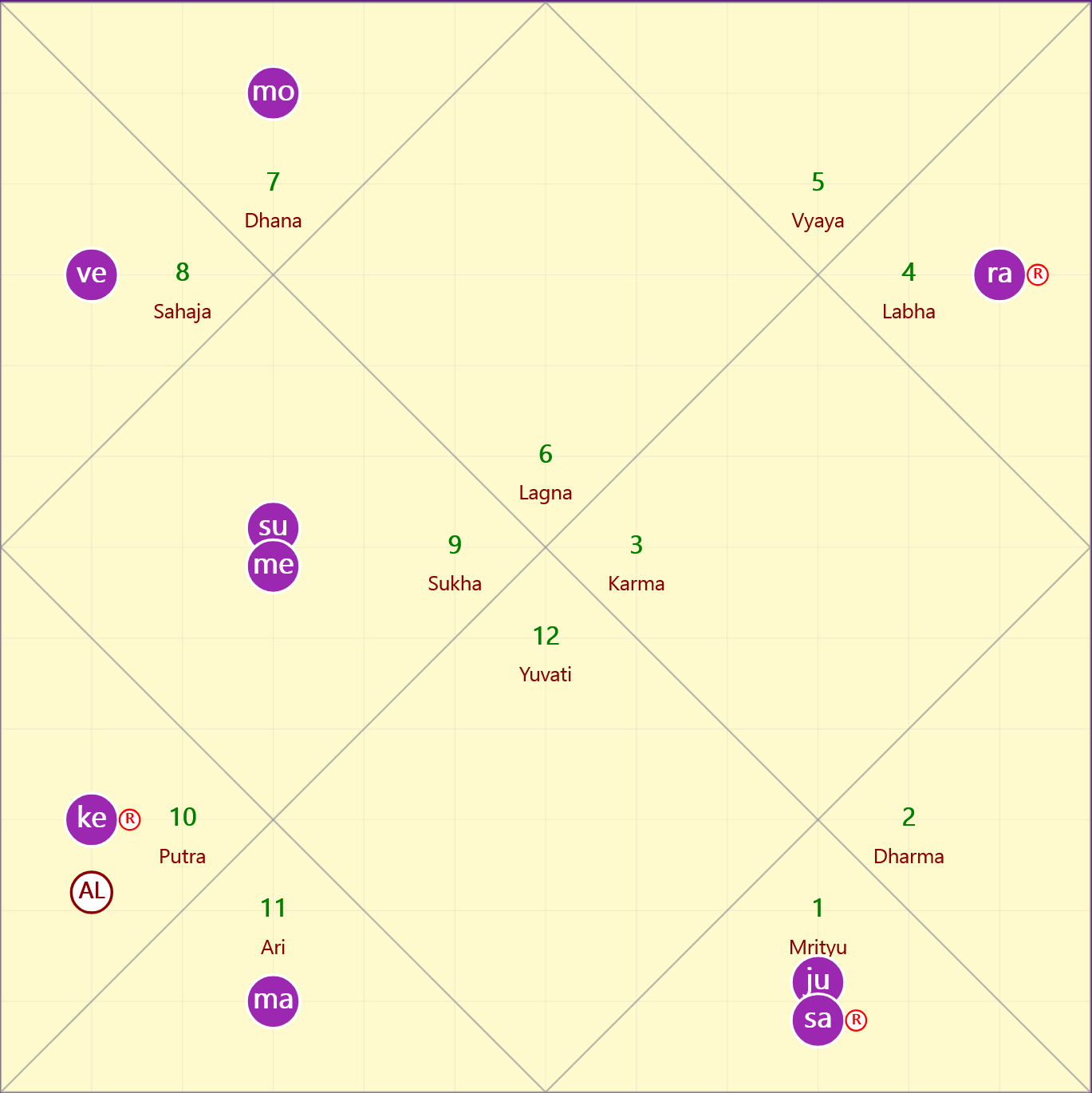
Dasha Timing for Success: When to Take Action According to Vedic Astrology
Understanding the timing of your life events through the dasha system is a cornerstone of predictive Vedic astrology. The ancient sages developed sophisticated means to pinpoint the most auspicious periods for initiating important life decisions — whether it be career moves, marriage, investments, or spiritual pursuits.
This comprehensive guide delves into the classical wisdom of BPHS (Bṛhat Parāśara Horā Śāstra), Phaladeepika, and Jātaka Pārijāta to illuminate the principles of dasha timing, combined with modern practical applications.
What Are Dashas?
Dashas are planetary periods that govern the unfolding of events in an individual’s life. Each dasha is ruled by a planet whose qualities influence the outcomes during that timeframe. The Vimshottari Dasha system, the most widely used, spans 120 years divided among nine planets.

Classical Verses on Dasha Timing
1. BPHS Chapter 50, Verse 1
Sanskrit:
"कालः कृते कार्यं च नास्ति कालेन तु कार्यम्।"
Transliteration:
"Kālaḥ kṛte kāryaṁ ca nāsti kālena tu kāryam."
Meaning:
No action is fruitful if the time is not right; success depends on choosing the proper time.
Interpretation:
This verse emphasizes that regardless of effort, without considering the auspicious timing (kāla), success remains elusive.
2. Phaladeepika, Chapter 3, Verse 10
Sanskrit:
"दशा न हि विपरीता कार्यं न तु फलश्रुतिः।"
Transliteration:
"Daśā na hi viparītā kāryaṁ na tu phalaśrutiḥ."
Meaning:
If the dasha is unfavorable, the work does not succeed nor does one hear about its fruits.
Interpretation:
Choosing a favorable dasha period is crucial for the success and recognition of one’s efforts.
3. Jātaka Pārijāta, Chapter 4, Verse 25
Sanskrit:
"सुखदुःखयोः कालदोषेऽयं दोषः फलप्रदः।"
Transliteration:
"Sukhaduḥkhayoḥ kāladoṣe’yaṁ doṣaḥ phalapradaḥ."
Meaning:
Timing faults (kāla doṣa) bring about happiness or sorrow and affect the outcome of actions.
Interpretation:
Mistimed actions can lead to suffering or failure, highlighting the importance of careful dasha analysis.
4. BPHS Chapter 50, Verse 12
Sanskrit:
"मेषादौ च वृषभादि तदा कर्मणि शुभे।"
Transliteration:
"Meṣādäu ca vṛṣabhādi tadā karmaṇi śubhe."
Meaning:
When Aries or Taurus dashas are active, it is auspicious for initiating work.
Interpretation:
Certain planetary dashas naturally favor new beginnings and productive ventures.
5. Phaladeepika, Chapter 3, Verse 18
Sanskrit:
"चन्द्रदशायां मनसि स्थिरता, सौम्यता च।"
Transliteration:
"Candradaśāyāṁ manasi sthiratā, saumyatā ca."
Meaning:
During the Moon’s dasha, the mind is stable and gentle.
Interpretation:
Moon’s period favors emotional clarity and decision-making with composure.
Modern Interpretation and Practical Applications
Understanding Your Dasha Sequence
Every individual has a unique dasha sequence starting from their Moon’s nakshatra at birth. For example, a person born under Rohini nakshatra starts with Moon dasha, which brings emotional stability and creativity. Knowing this helps in timing artistic or relational decisions.
Nakshatra Analysis and Personality
The Moon’s nakshatra modifies how a dasha influences personality traits and decision-making. For instance, Ashwini nakshatra (ruled by Ketu) brings impulsiveness and pioneering spirit, so initiating new ventures during Ketu dasha can be beneficial for innovation but risky for stability.
When to Take Action?
- Start new ventures: Favorable dashas such as Jupiter or Venus indicate prosperity and growth.
- Marriage and relationships: Venus and Moon dashas promote harmony and emotional bonding.
- Career moves: Saturn dasha requires patience but rewards perseverance.
Case Study
Consider a client with Moon in Hasta nakshatra, starting with Moon dasha. During the Moon dasha, they launched a successful business due to emotional focus and practical skills (Hasta traits). Later, during Jupiter dasha, expansion happened, aligning with Jupiter’s role as a benefic planet.
Avoiding Mistimed Actions
BPHS warns against initiating important activities during malefic dashas or when planets are combust or debilitated. For example, Mars dasha may bring aggression and conflicts, so avoid signing contracts or starting disputes.
Conclusion: Key Takeaways
- Success is deeply tied to the timing of actions, as governed by dasha periods.
- Classical texts emphasize the need to align efforts with auspicious dashas.
- Analyzing the Moon’s nakshatra offers insights into emotional readiness and temperament.
- Modern practitioners can combine classical knowledge with natal chart analysis to optimize life decisions.
By respecting dasha timing, individuals can harness planetary energies to maximize success and minimize obstacles.
Keywords: dasha, timing, success, life decisions, vedic astrology




